
The war in Ukraine has brought to the fore the poor state of the Moldovan army, which remains underequipped after being neglected by the authorities in the last three decades. Yet the commonplace view in Chișinău right now is that the army should at least fend off an aggression coming from Transnistria. Russia and its mouthpieces, on the other hand, continue to absurdly claim that Moldova modernizing its army would be tantamount to breaching its neutrality.

The appointment of the new head of the Intelligence and Security Service of the Republic of Moldova (SIS), Alexandru Musteață, on June 2, is a genuine test for the government in Chișinău, an opportunity to prove its commitment to implement reforms in the field of defense and national security.

In the months that have passed since the start of Russia’s massive attack against Ukraine, Volodymyr Zelensky has turned out to be a remarkable leader. He didn’t flee, didn’t betray the people who put him in office, said no to illicit dealings and didn’t trade off the sovereignty of his country. The Russians tried to reach him during the first hours of the invasion. Is Moscow afraid of president Zelensky and the ideas he stood up for even before the war broke out?
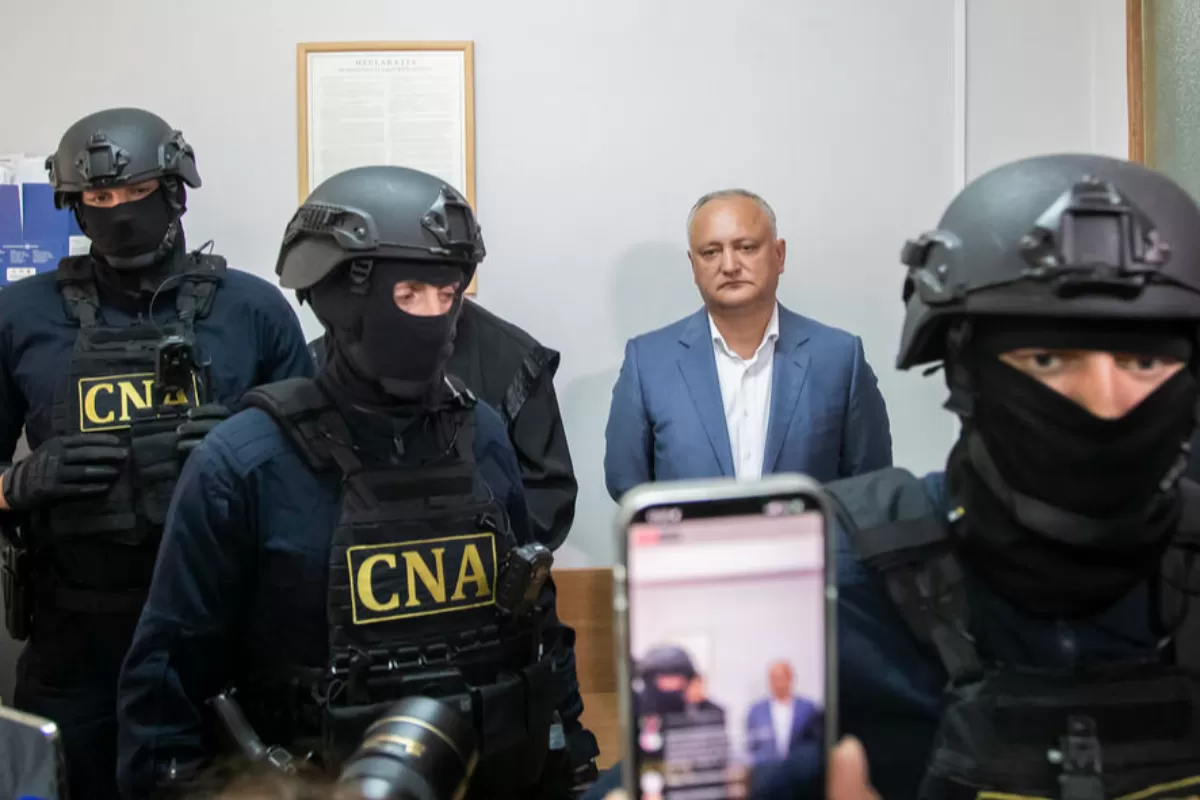
Igor Dodon is undoubtedly the product of the profiteering political class of the Republic of Moldova. Tutored by the former Communist President Vladimir Voronin and the fugitive oligarch Vladimir Plahotniuc, Dodon has been described as a prototype of the duality of the Moldovan politician, interested only in making lots of money and capable of any kind of internal or external political betrayal. Detained for corruption and treason, Dodon is now complaining that he is the victim of political persecution.
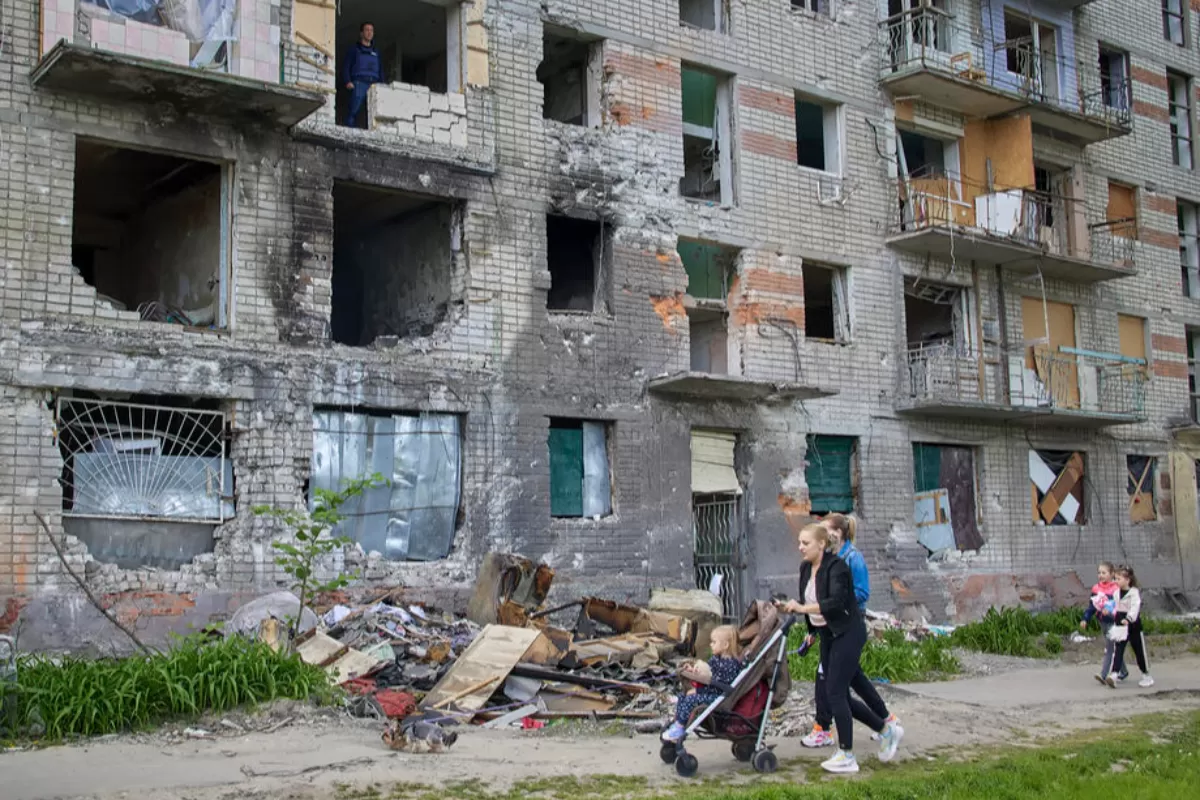
The war in Ukraine is but the latest conflict at the start of a century that turned out to be rather impetuous, from the Middle East and Africa to the Caucasus, Central Asia and the Far East. It broke out just as mankind breathed a sigh of relief, acting as if the (coronavirus) pandemic was over, while others fear the new pandemic is already here. Will wars and pandemics become the “new normal” for the human race?

Poland is one of the NATO countries with the coldest relations with Russia. Concerned about Moscow's aggressive stance in the region, Warsaw called for a stronger NATO presence on the eastern flank and launched an ambitious program to equip its armed forces. But is Poland able to withstand enough attacks in the event of an attack?

The ruling coalition in Bulgaria has promised to improve the country’s relationship with North Macedonia ever since stepping in power. This has proved to be more difficult than expected as the topic is used to rally nationalist voters.
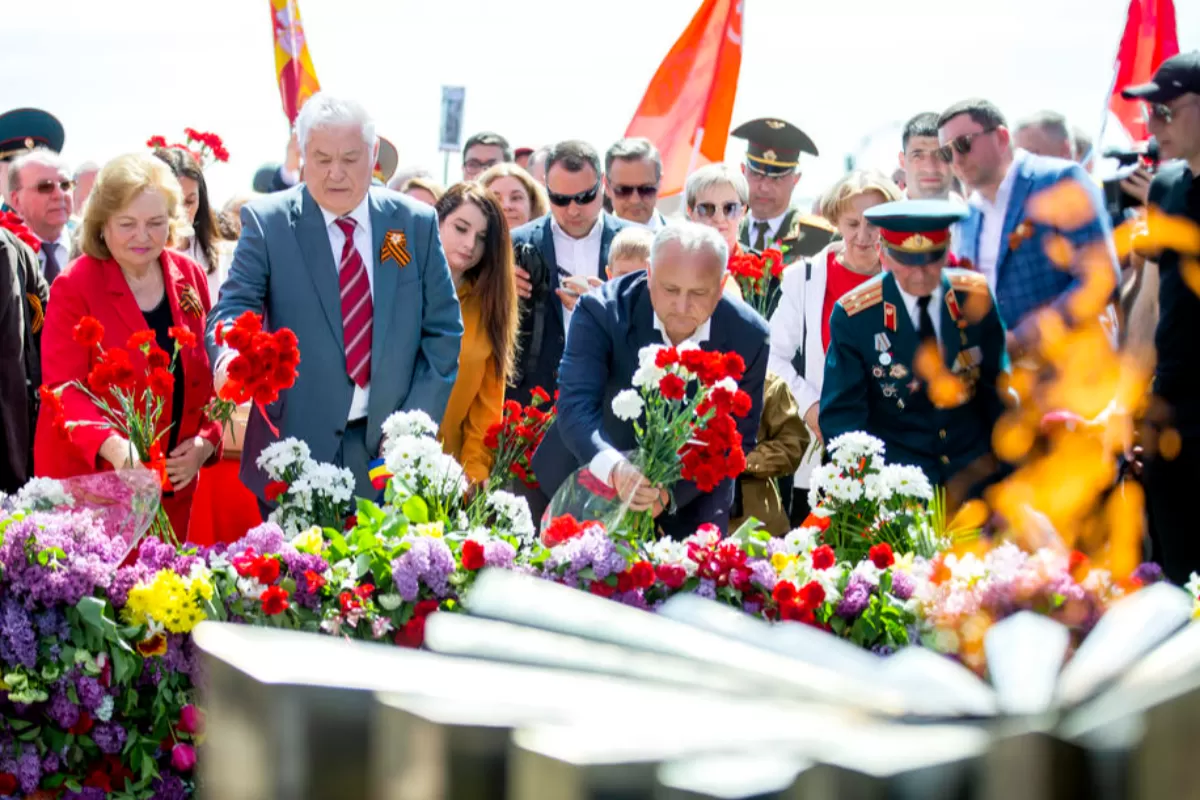
The Republic of Moldova’s neutrality is one of the favorite topics of Russian and pro-Russian propaganda. It is discussed when it comes to adopting measures that do not suit Moscow, but the reality of the presence of Russian forces in Moldova, which means a violation of its neutrality, is constantly ignored. Other narratives are switched depending on the needs; neutrality, however, has been a constant one.

For more than a month, Serbia has been the target of mass bomb threats. Pro-government tabloids and some high-ranking officials claim that the campaign has behind it the West and is connected to Belgrade’s reluctance to impose sanctions on Russia, while offering no proof for the allegations. However, Russia, or Serbia’s own intelligence services may as well be interested to launch such a campaign.
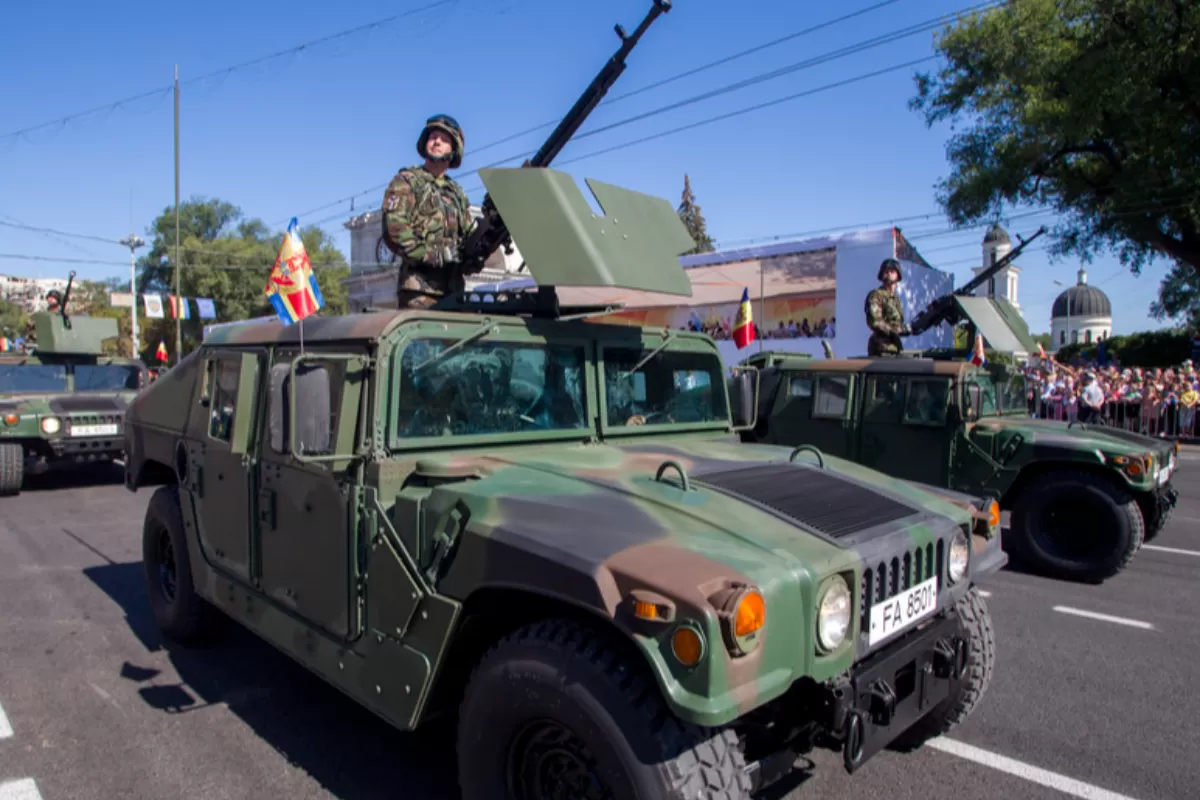
The war in Ukraine has sparked a great of deal of concern in the Republic of Moldova, where the people have seen just how vulnerable the country is in case of a Russian attack. Neglected for years due to underfunding, incompetence or for the sake of “neutrality”, the army seems underprepared to efficiently defend the country. The West is trying to lend a helping hand and has promised to deliver military equipment.
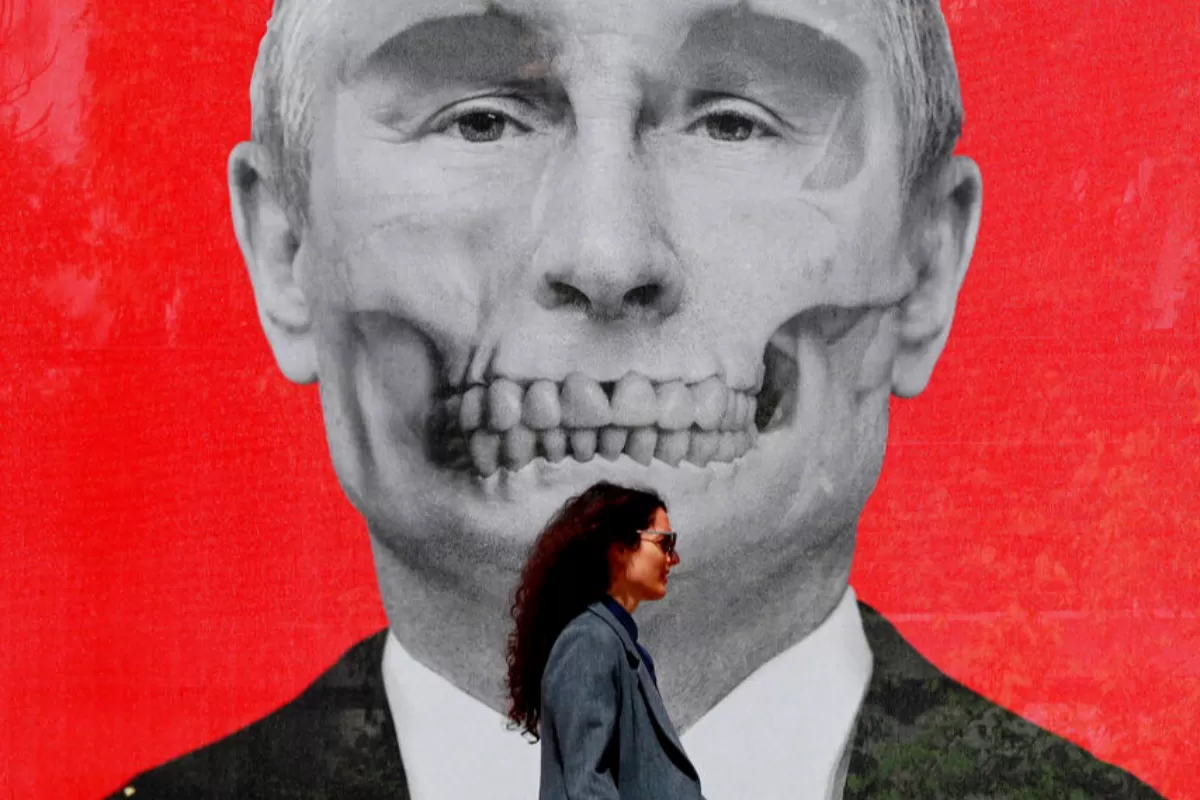
Putin's invasion of Ukraine is first and foremost a warning to all those who are convinced that the shortcomings of democracy, especially there were it’s still in a process of consolidation, can be combated by a kind of transfer of expertise from authoritarian regimes. With the example of China in mind, but paying close attention to Putin's propaganda, many Romanians, including politicians, were convinced that, despite its “shortcomings”, authoritarianism was effective.

Turkey’s threats to veto Sweden and Finland’s NATO accession were interpreted as an attempt to secure certain concessions from the West in the context of economic difficulties at home. The previous policies of the Erdoğan administration – and of post-Ottoman Turkey in general – suggest that Ankara is actually pushing for more: it wants to impose its own agenda and perception over its allies.
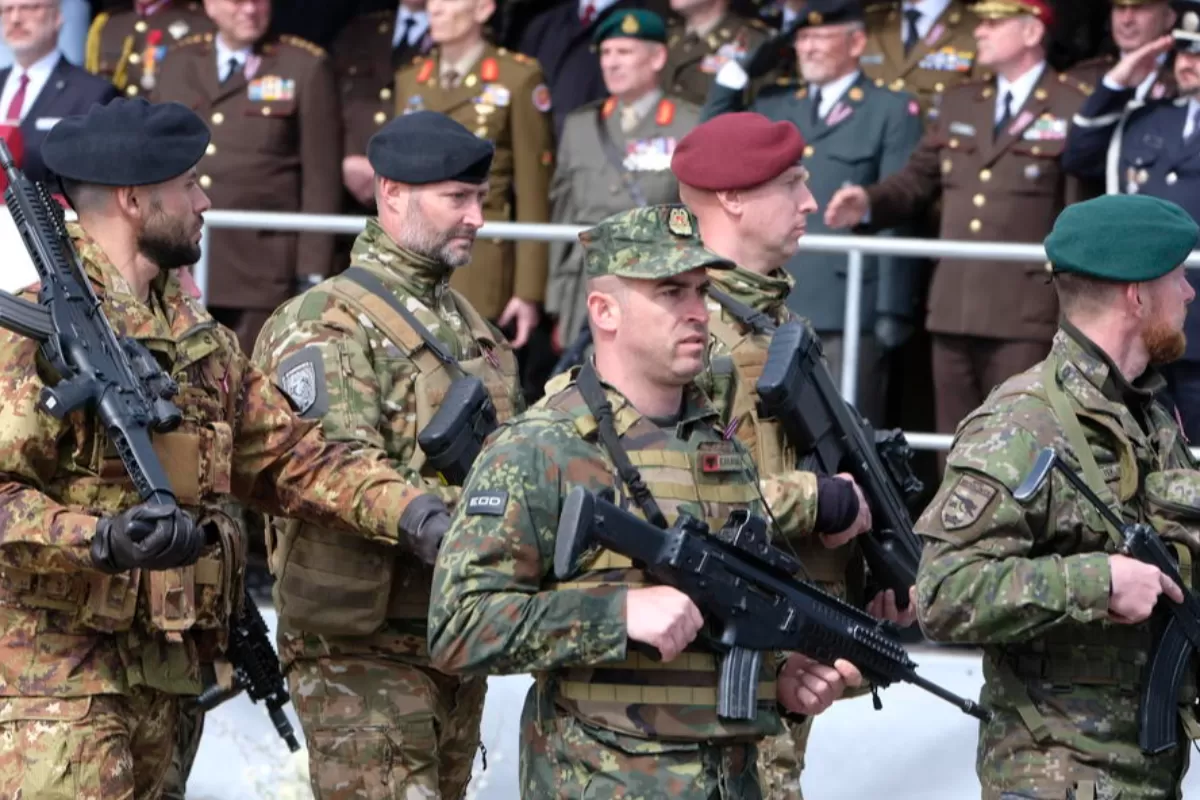
The Baltic states are probably among the NATO countries most exposed to a possible Russian attack and were among the first to express concern about the aggression of the Putin regime. Their NATO membership offers them protection, but experts feel that the Alliance needs to consolidate its position in the region.
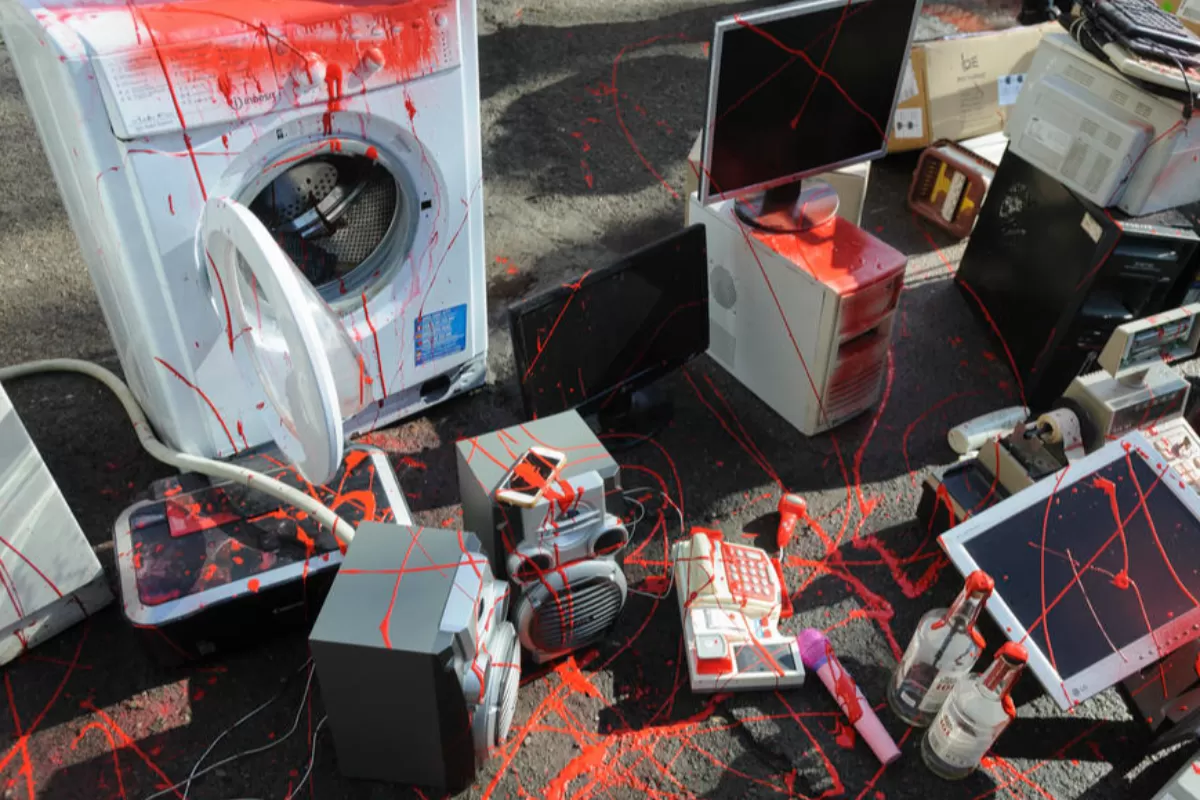
Despite measures taken by Moscow to secure a monopoly on information regarding the war in Ukraine, Russian independent journalists continue to cover this topic. Veridica has selected a number of press articles describing what is happening in Ukrainian oblasts under Russian control: how the Russian armed forces are abusing the locals, how men have started disappearing, how the new “military-civilian” administration is installed and who the key figures appointed as leaders of the newly conquered territories are.
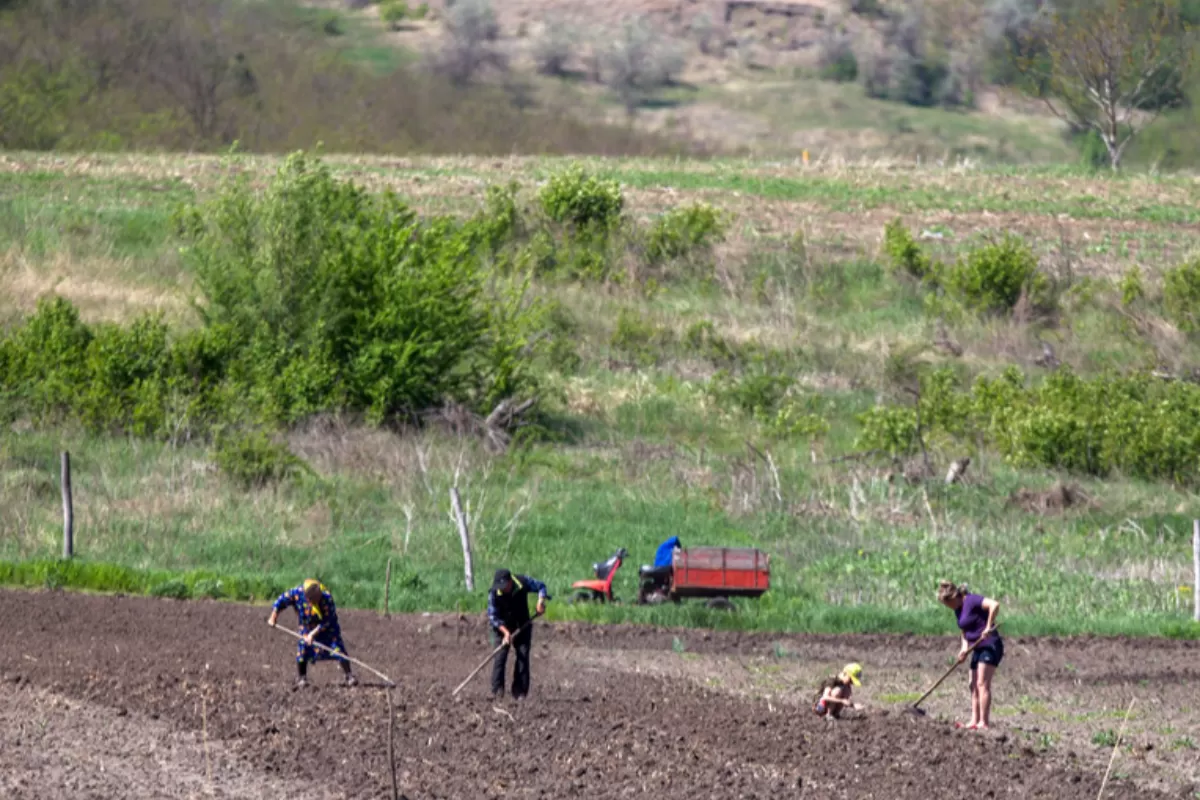
The war in Ukraine is affecting the economy of the Republic of Moldova, which is already the poorest country in Europe. Tens of thousands of refugees are currently on Moldovan soil, the markets in Russia and Ukraine are much harder to access, imports from those countries are suffering, and all this is compounded by rising global prices and energy dependence on Russia. However, Chisinau could also benefit from the crisis, by accelerating its accession to the European Union.
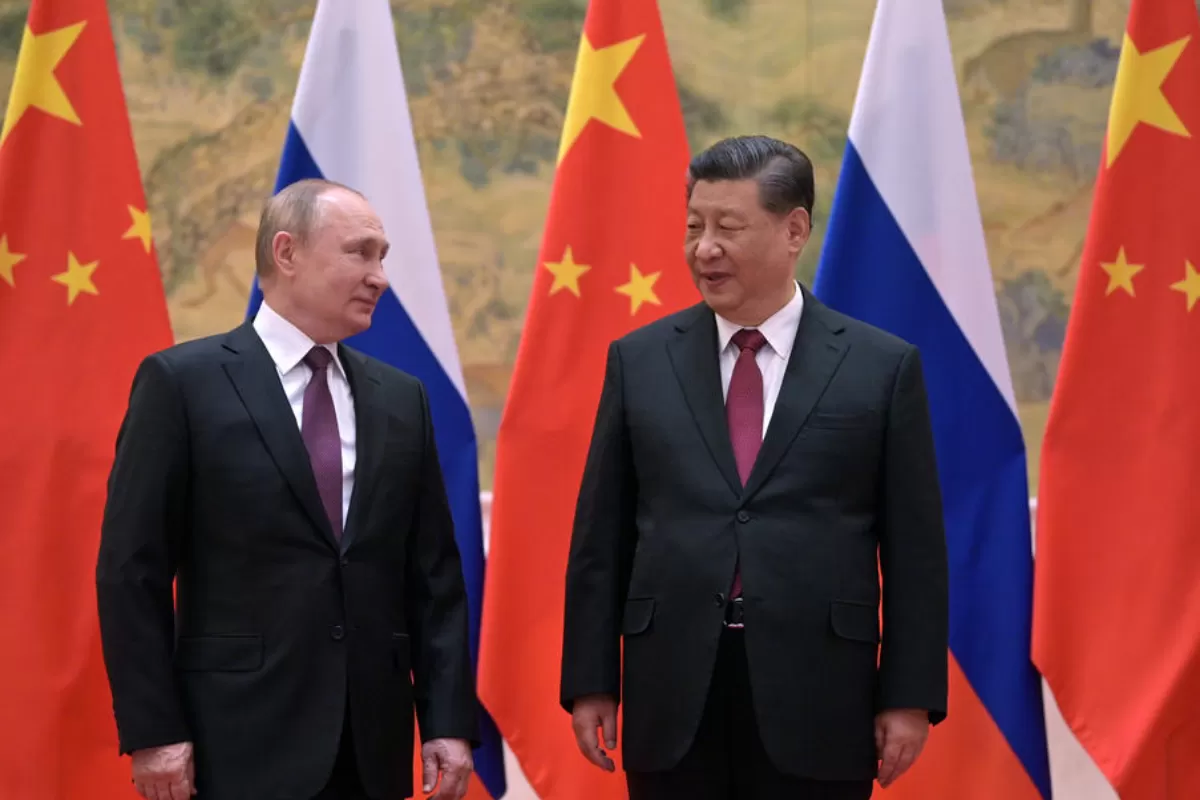
Although it officially has a close partnership with Russia, China is in no hurry to support it now, when it faces economic and military issues as a result of the invasion of Ukraine. With the image affected by the way it handles the current pandemic wave, Beijing does not need more negative publicity now that Xi Jinping is preparing for a new term at the helm of the country. Moreover, the war in Ukraine seems to have affected China's plans to bring Taiwan under its control.
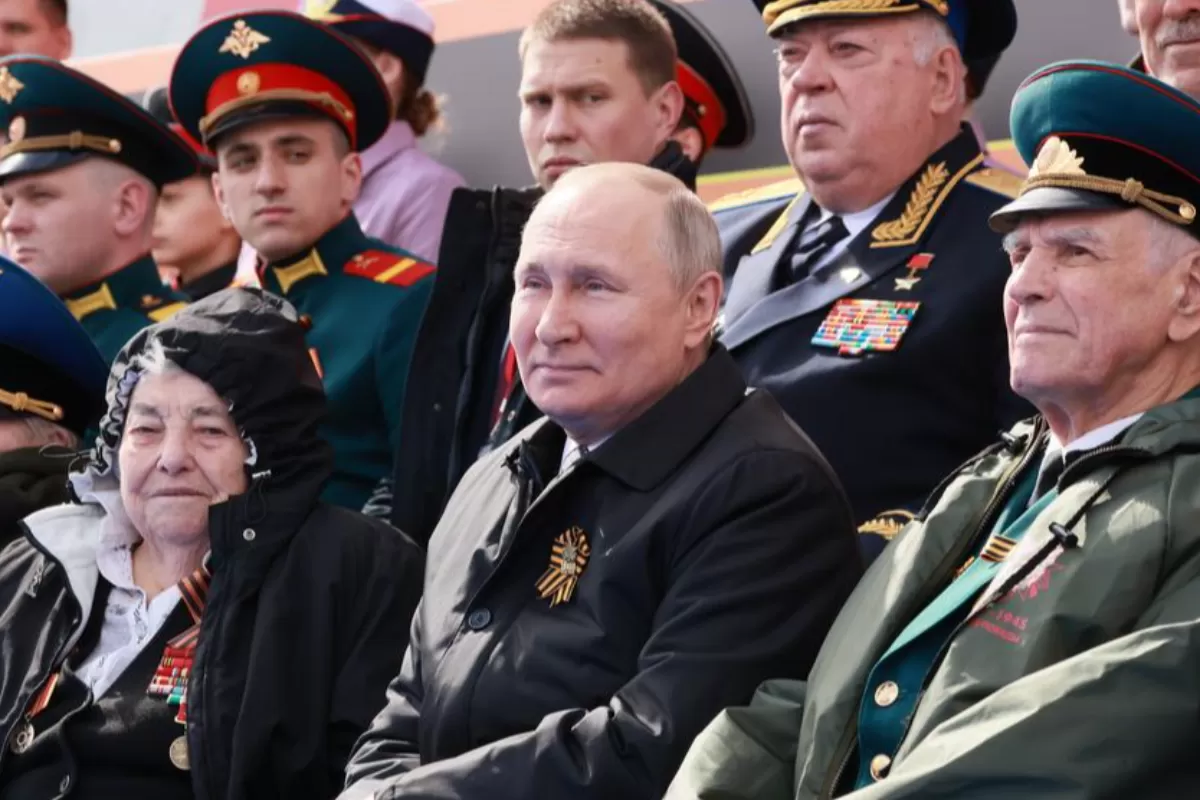
Outside Russia, Moscow’s representatives and supporters tried to mark Victory Day in ex-Soviet and ex-communist countries, but in most cases, their actions were overshadowed by protest actions against Russia’s acts of aggression or demonstrations of solidarity with Ukraine. Veridica’s contributors in ex-Soviet and ex-communist states have closely followed May 9 celebrations.

May 9 was a much anticipated event in Chișinău: a recent law forbids the public display of symbols associated with the Russian army and the invasion of Ukraine – the ribbon of Saint George and the letters Z and V. Previously, pro-Russians had announced they would ignore the law. Fears were running high that public unrest might break out. That wasn’t the case, and the demonstration actually resembled a display of communist nostalgia rather than an act of solidarity with Russia.
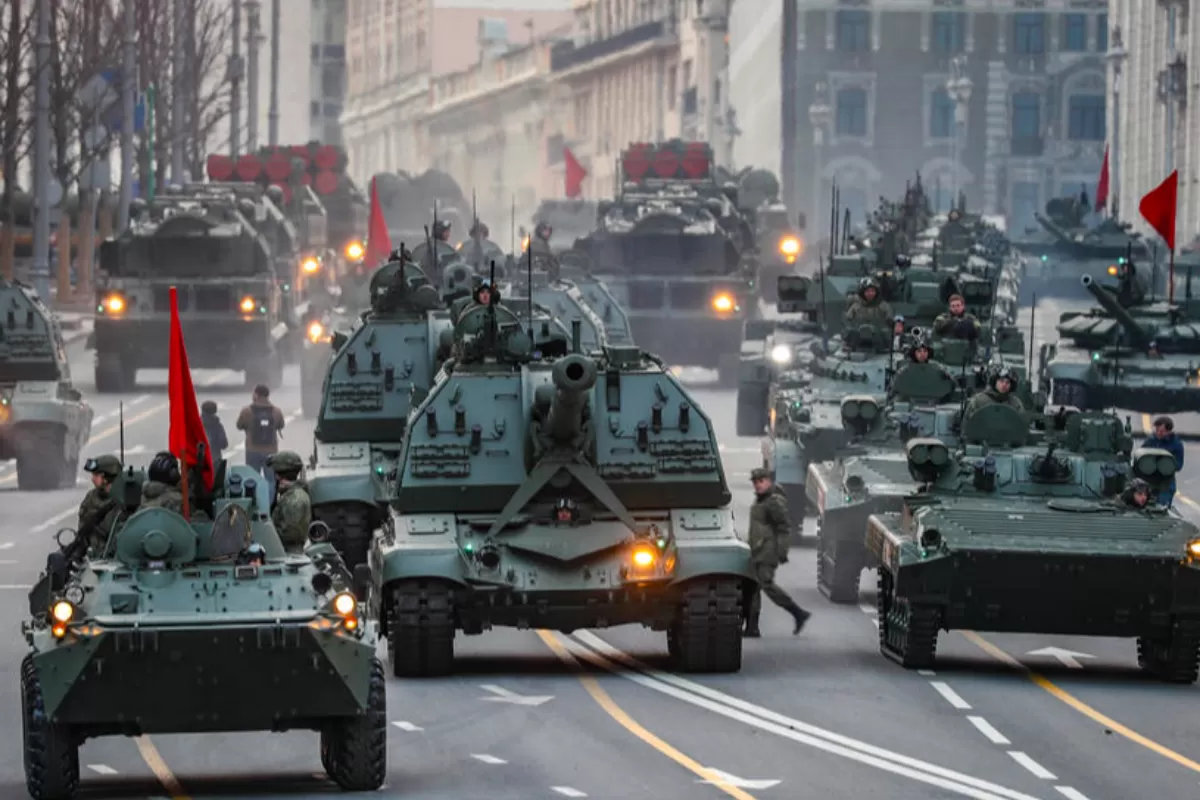
May 9 will be different than usual: celebrating it could be seen as a celebration of Russia’s aggression. While waiting for the events in Moscow and elsewhere to unfold, Veridica has set out to find out what May 9 may still mean in the former USSR and ex-communist countries, as reported by its correspondents in those countries.

A survey carried out by an independent center a month since the start of the war in Ukraine shows massive support from the Russian population for the so-called “special operation”, as well as for the Putin administration. The support might diminish as the people start feeling the effects of the conflict and of international sanctions.
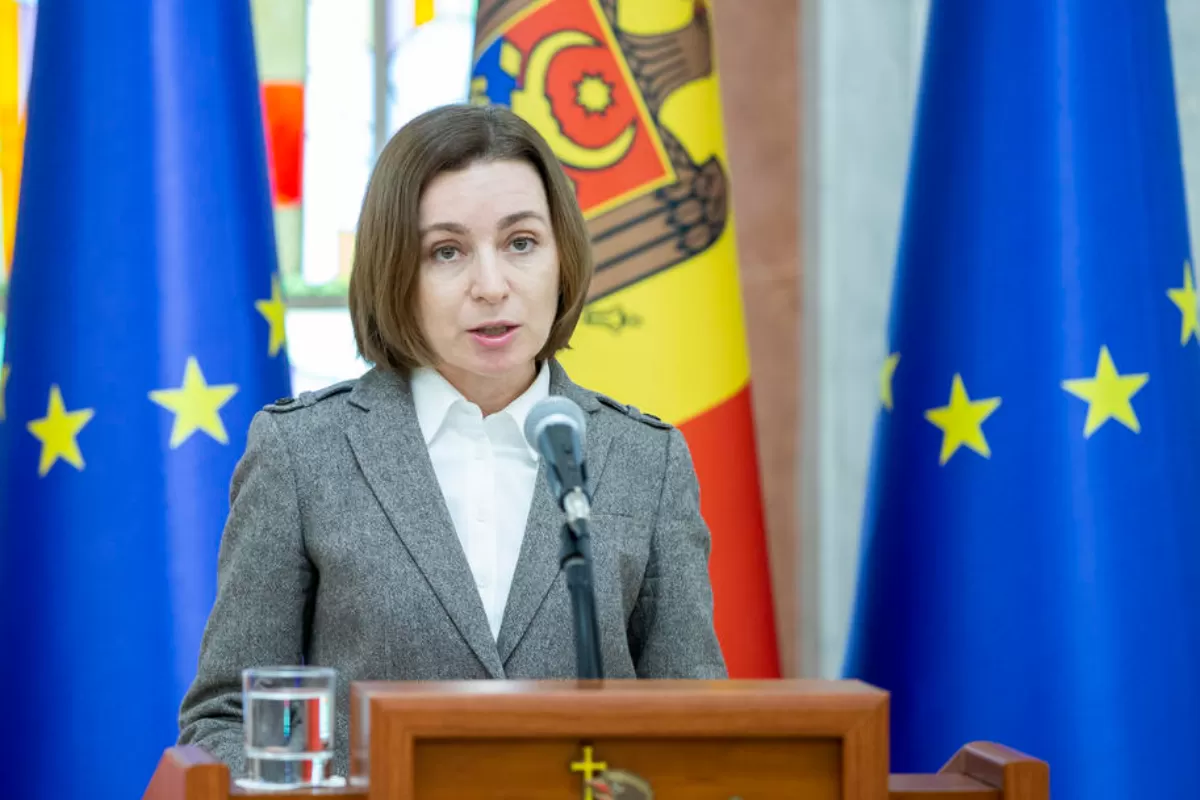
As May 9 draws closer, the day when Russia and other ex-Soviet countries celebrate the victory against Nazi Germany, the number of incidents impacting Moldova’s weak spots increases. In Găgăuzia or Bălți, there are voices calling for breaching the law banning the symbols associated with the Russian invasion of Ukraine. Several unclaimed “attacks” have taken place in Transnistria.

Europe’s reliance on large energy imports from Russia prevents the adoption of sanctions meant to deprive Moscow of sizable revenues, which it can use to feed its war machine. The West is looking for replacements, but unfortunately these are more often than not “smaller Russias” – authoritarian regimes that also stand accused of violating human rights.

PM Kiril Petkov faces numerous challenges in his desire to send military aid to Ukraine including severing his relationship with the man who introduced him into politics, President Radev. On top of that, Russia cut Bulgaria’s gas supply, adding to the challenges faced by the government.

A Russian general recently referred to Transnistria as one of the objectives of the second phase of the war in Ukraine. Will Russia stop in Transnistria, or will it actually reach Chișinău, which is literally a stone’s throw away? And what should Romania do if that happens? 1940 is the year on everyone’s lips these days…

Poland's unequivocal support for Ukraine has overshadowed the tensions between Warsaw and its Western allies. However, the problems could return, given that Jarosław Kaczyński's Law and Justice Party does not seem to be giving up its ultra-conservative policies or its efforts to fully control the public agenda and the state institutions.

More and more international observers wonder if Turkish leaders, Recep Tayyip Erdoğan in particular, are truly capable of implementing a change. There are some signs indicating this might be possible, although the more knowledgeable pundits remain sceptic, claiming that a return to the reformist agenda of the early years of the government’s mandate (2002-2009) is impossible.
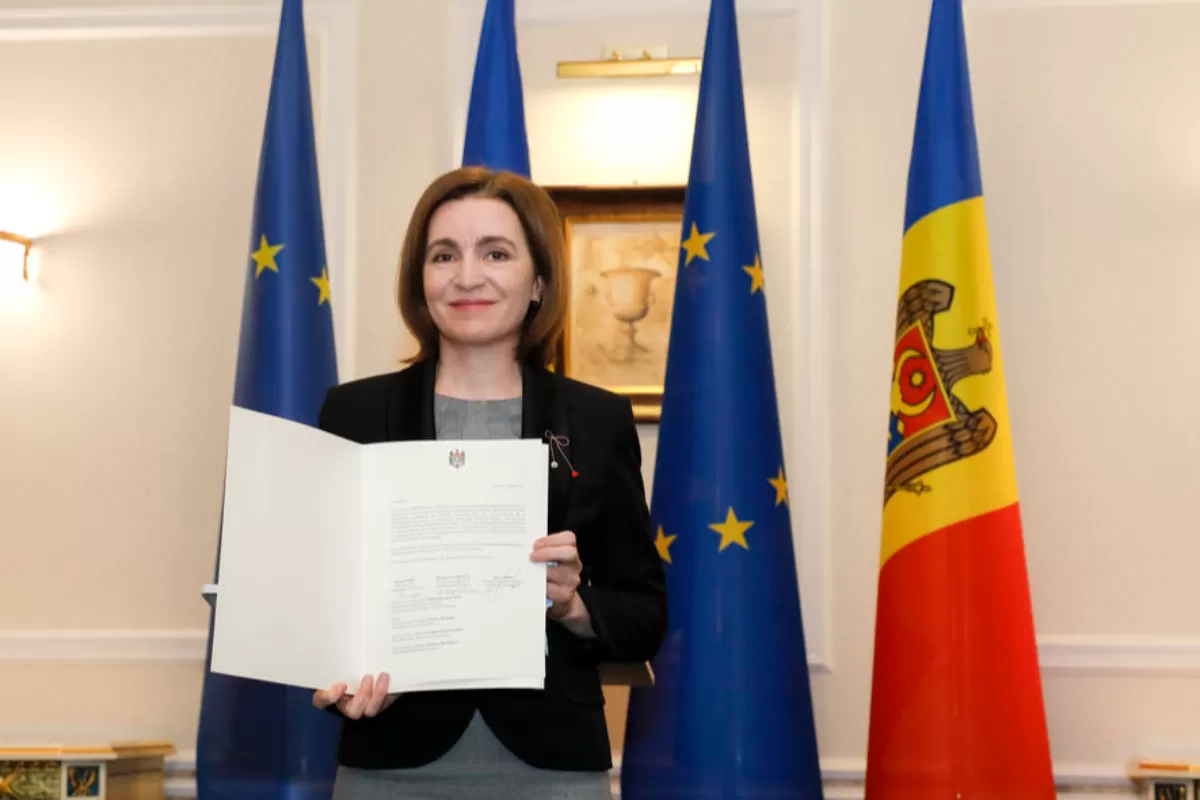
Russia’s invasion of Ukraine has unnerved Chișinău. Many talk about the risk the Republic of Moldova could be Moscow’s next target, something which Russian propaganda also suggested. On the other hand, the Republic of Moldova could also seize this opportunity to definitely break away with Russia and accelerate its integration into the Western world.

The media and some political theorists in Russia have begun to openly urge Moscow authorities to sanction the Republic of Moldova for its recent “oversights”, such as banning the symbols “Z”, “V”, directly associated with the Russian operations in Ukraine, and in particular the ribbon of Saint George, considered a symbol of the Russian army.

Russia claims Ukraine bombed targets on its territory. The lack of any strategic importance of these targets, as well as the similarities with disinformation narratives launched in the past by Russian propaganda, suggest however that Moscow is looking for new excuses to intensify its bombings in Ukraine.
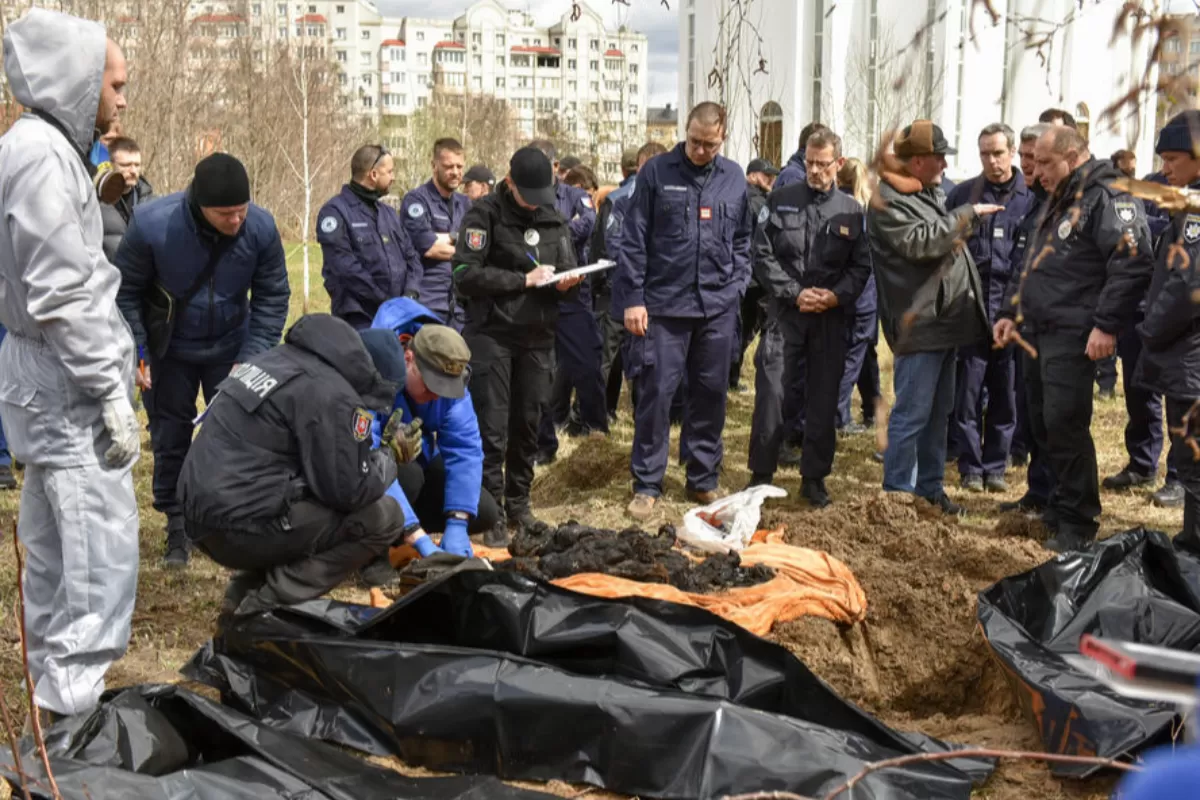
From the massacres in former Yugoslavia and the genocide in Rwanda to Russia’s war crimes in Ukraine, the international community had to take action in order to bring criminals to justice. In the case of Yugoslavia and Rwanda, international courts of law were set up. In the case of Russia, a nuclear power with veto rights in the UN Security Council, identifying and prosecuting the people who committed atrocities such as the massacre in Bucha, might be more complicated, although there are solutions in this case as well.
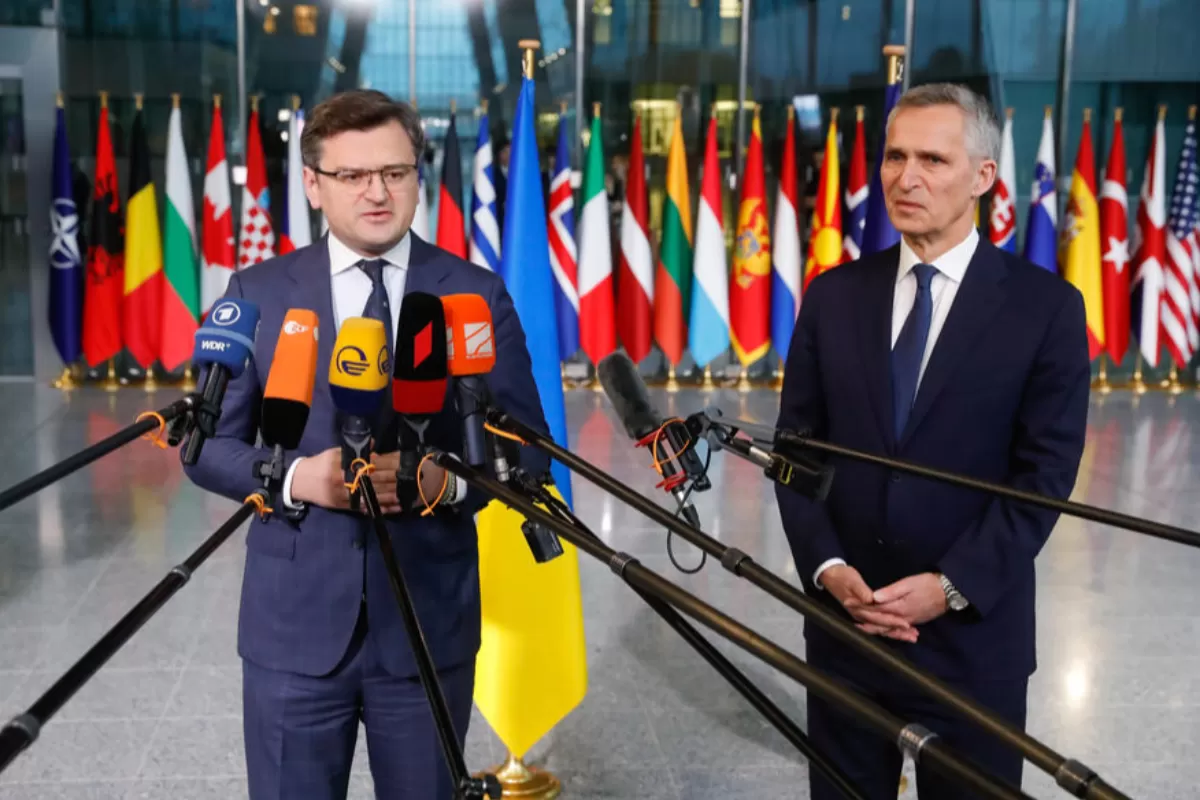
Ukraine has been willing, in negotiations with Russia, to drop its aspirations to join the North Atlantic Alliance if it receives the security guarantees which is trying to present to the population as a "NATO of its own". The solution is less feasible now, when the parties seem to be negotiating rather to gain time.

The Republic of Moldova is intensifying its efforts to combat Russian propaganda. The Chisinau Parliament adopted, in first reading, a series of normative acts which, on the one hand, ban symbols associated with the Russian army and the invasion of Ukraine, and on the other hand, provide the state institutions with new tools to stop propaganda in the audio-visual media and online environment.